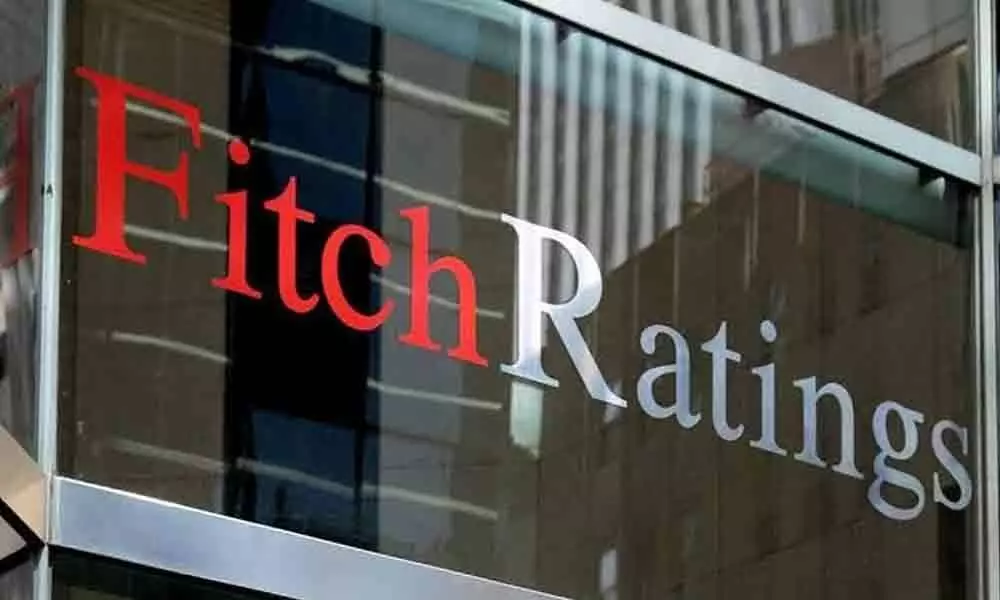Fitch sees India's FY21 GDP growth at 5.6 percent

Global rating agency says Budget 2020 has not altered its view on the country's growth outlook
New Delhi: Fitch Ratings on Monday said India is expected to clock a GDP growth of 5.6 per cent in the next financial year, lower than the projection made by the government's Economic Survey, as Budget 2020 has not 'materially altered' its view on the country's growth outlook.
The Economic Survey, released a day before Finance Minister Nirmala Sitharaman presented Union Budget for 2020-21 on February 1, had projected a GDP growth of 6-6.5 per cent, up from 5 per cent estimate for 2019-20.
"The fiscal slippage announced in the government's new FY21 budget is modest relative to its previous targets, and is consistent with our expectations when we affirmed India's 'BBB-rating with a stable outlook' last December, given slowing growth momentum," said Thomas Rookmaaker, Director and Primary Sovereign Analyst for India, Fitch Ratings.
Sitharaman's Budget missed deficit target for the third year in a row, pushing shortfall to 3.8 per cent of GDP in the current fiscal as compared to 3.3 per cent previously planned.
The fiscal deficit target for the coming fiscal year starting April 1, has been fixed at 3.5 per cent.
"The new budget targets imply some further postponement of fiscal consolidation, in line with the government's ambivalent approach to consolidation of the past few years when deficit outturns have typically exceeded budget targets," Fitch said projecting general government debt to remain close to 70 per cent of GDP through FY22.
India's high public debt relative to peers is a rating weakness, it said. "The budget does not materially alter our view on India's economic growth outlook, which we forecast to pick up to 5.6 per cent in FY21 from 4.6 per cent in FY20," it said.
The report further noted that Budget contains some measures which may support GDP growth in the medium-term, including reduced individual income tax rates, some easing of restrictions on foreign portfolio inflows, continued focus on public infrastructure spending, and schemes of which the details remain to be announced to encourage manufacturing in the electronics and textiles sectors.
The rating agency said the assumptions in the budget, including nominal growth of 10 per cent and a rise in revenues by 9.2 per cent were "broadly credible" although there were risks to the downside.
"In particular, reductions in the corporate tax rate, as previously announced, and new cuts in income tax rates are likely, in our view, to cause tax revenues to fall in the short run, before any potential medium-term benefits materialise; the divestment target appears optimistic, at over three times the estimated realisation in FY20," it said.








